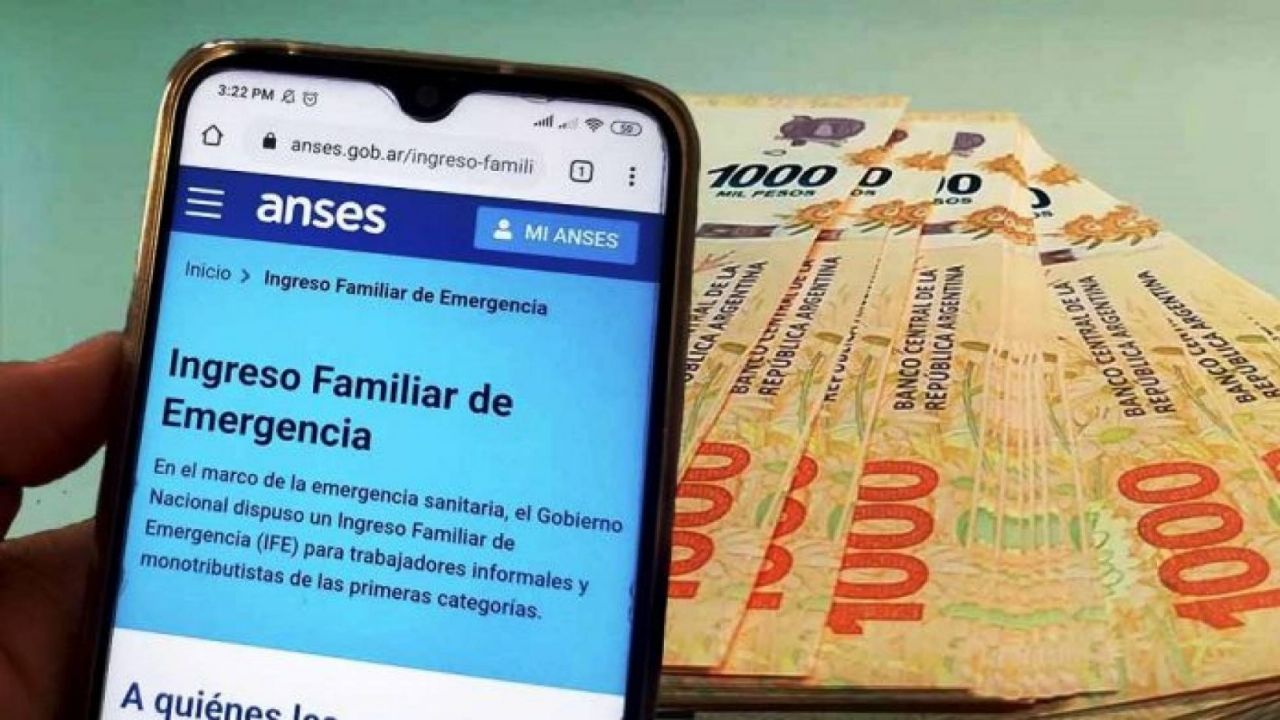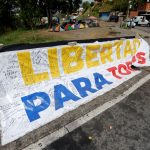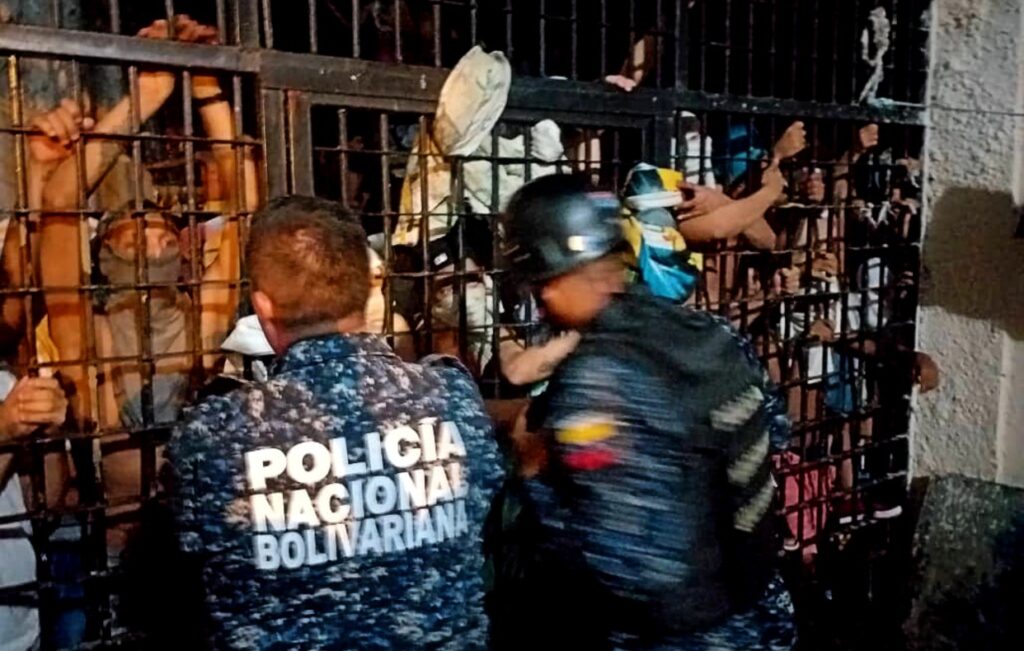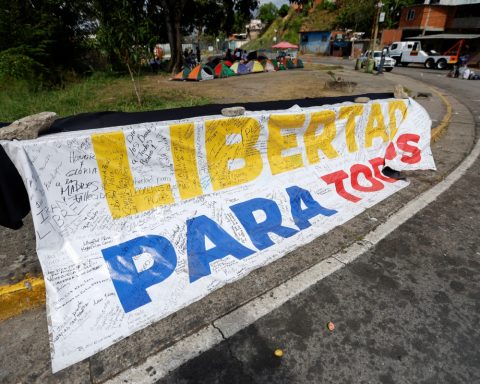The Ministry of Economy advances in a law project to obtain resources that allow to promote a new IFE (Emergency Family Income) to monotributistas and informal workers who have been affected by the increase in prices.
The new IFE it will seek to tax the unexpected income, but for its approval it will have to go through the National Congress. From Casa Rosada they said that the assistance it will be for non-unionized and self-employed employees.
The authorities justify the proposal of the IFE additionally with the slow growth of wages, in the formal sector the rise is 57.3%; while in the informal sector the increase is 40.7%according to data provided by INDEC (National Institute of Statistics and Censuses).
Some salaries in white managed to beat inflation, while people who work in black lost more than seven points against the price index, due to the drastic increase in inflation in the first months of 2022.

food is more expensive
Prices rose more in the food category, products to which the population spends most of its income. The basic basket rose an average of 20%although the head of the Economy, Martín Guzmán, assured that the rise in March was atypical and no new variations above 5% will be registered in the remainder of the year.
The statistics are worrying if one takes into account that more than 35% of the Argentine labor force corresponds to informal jobs. The Government seeks to allocate the funds to those most affected by inflation, who do not have the resources to negotiate parities.

The government granted this help during the coronavirus health emergency and is considered the most far-reaching economic benefit in the history of ANSES (National Social Security Administration).
The IFE paid in its three editions a large amount of resources for 8.9 million people. Monotributists of categories A or B, workers in private homes, unemployed people, holders of the Universal Child Allowance (AUH) and the Universal Pregnancy Allowance (AUE) were included.


















